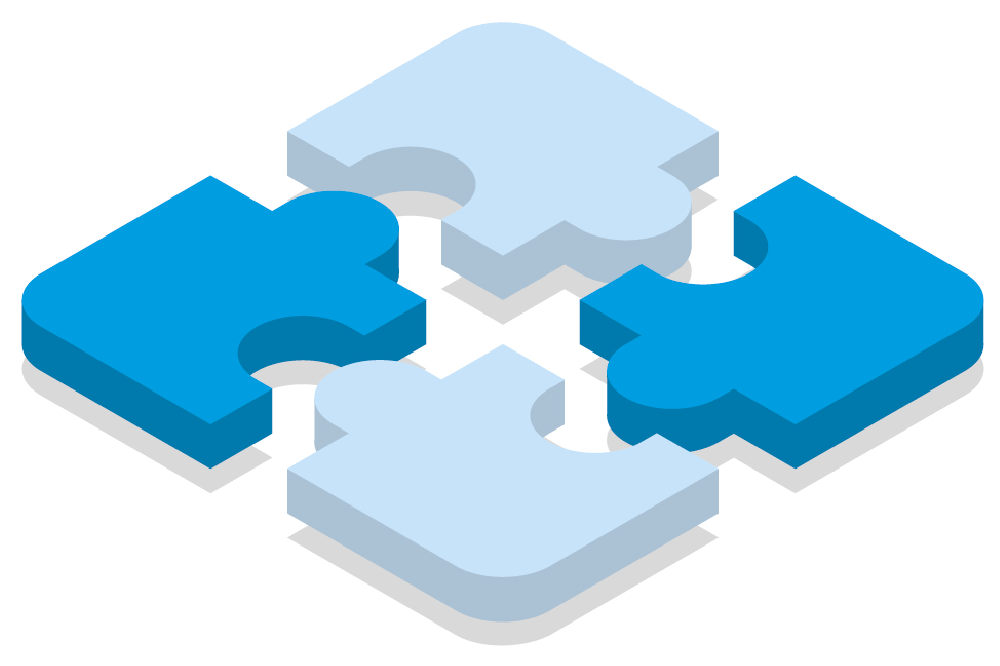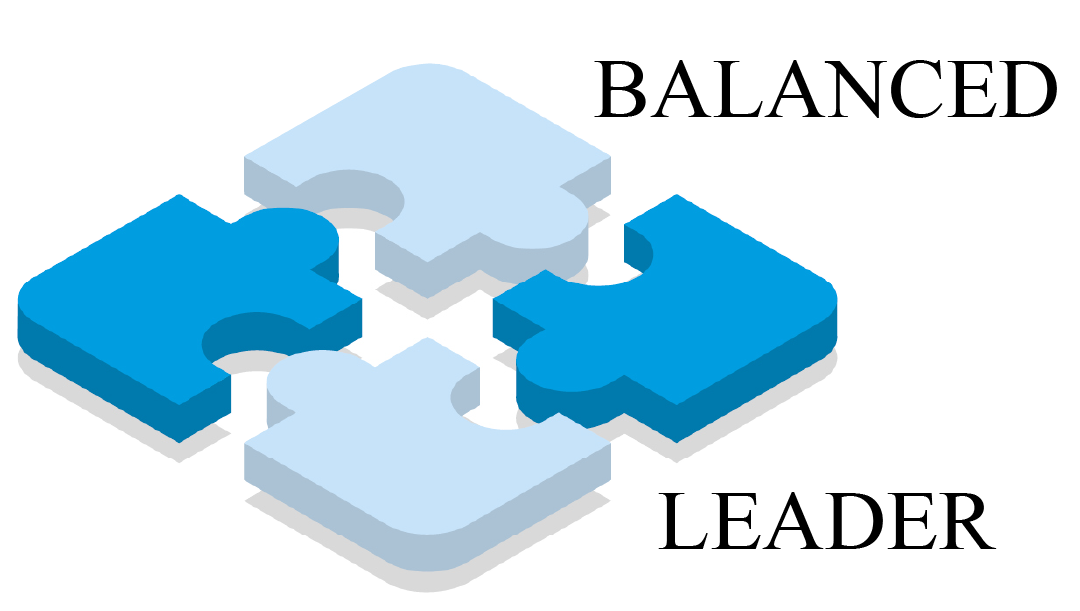Meditation
When I was in my twenties, I took martial arts instruction from an interesting former Army Ranger. This instructor was a Vietnam veteran and he’d become an expert in a little-known form of Korean martial arts created in ancient times to defeat invading Chinese forces north of Korea. This style wasn’t associated with competitive sports and that’s why I and several other SEALs found it so attractive. It was all about gaining and maintaining a warrior mindset and achieving a mind-body readiness for battle. I ate it up!
A key part of this art was meditation. A warrior must be centered, like calm water. We were taught how to calm our heart rate by using breathing exercises while imagining our bodies going numb, feet first, then the legs, and so on. I was fascinated by the sense of control and awareness I achieved using this technique. Years later I realized meditation and breathing exercises were standard fair in not only Asia but also in India and the Middle East.
Meditation doesn’t have to be lengthy or elaborate. There are hundreds of online programs, webinars, books, and actual schools where you can learn how to master your mind’s turbulent attempts to solve everything, all the time. If you practice this enough you will find almost anyplace will work if all you want is a quick five-minute respite. Maybe it’s not as great as a midday nap but it sure clears the cobwebs. I confess I rediscover the practice of meditation every few years or so. I strive to make it a lifelong habit, but alas, stress gets in the way.
The Critical Need for Sleep
I’ve always taken sleep for granted. I never had problems getting to sleep and when I do have problems it stems from getting to bed too late in the evening only to be shocked awake at five fifteen when my internal alarm goes off. There are lots of basic rules for getting a good night’s sleep. Don’t keep the lights on, don’t leave the television on, don’t live stream or binge endless content on your smart tablet while lying in bed, and don’t drink alcohol before bedtime. These are prudent rules and according to most medical professionals and sleep therapists, they will help most people achieve the rest they crave.
Leaders need to sleep and sleep soundly. The brain is wired to address threats and solve problems. If a threat is imminent or likely, the human brain will continue to work the problem, even on the subconscious level, even when asleep. Leaders are paid to deal with challenges and the challenges are rarely trivial. This means you, a leader, will have a difficult time turning it off.
I said I get to sleep easily and that’s true. However, if a sound wakens me late in the night or early morning my eyes often pop open fully awake and in seconds, I’m in the middle of solving a problem at work. I don’t remember my dreams, but I do recognize and remember how waking up this way feels. I win the fight to return to sleep half the time, losing ten to fifteen minutes in the process.
Half the time I do not win the battle for sleep and I need a distraction for my brain. Something to trick it into letting me disengage long enough to drop off. I use an e-book for this purpose. It’s self-illuminating and set at a low brightness level. I read novels to transport my mind away from threat mitigation to a place where everything is imaginary.
If you have problems getting to sleep and staying that way for a solid eight hours, and you’ve tried the standard methods described above, maybe it’s time to see a sleep therapist. Sleep testing, followed by sleep therapy, is the answer for many people struggling with insomnia or even mild sleep disorders. A lack of quality sleep will inhibit a leader’s logical decision-making process and result in emotional, knee jerk actions inconsistent with good judgment.
The military has conducted in-depth studies for years watching how pilots lose situational awareness and mental acuity from a lack of quality sleep. An extended use of quick naps instead of a good full night’s sleep, can turn a top pilot into an accident waiting to happen in a matter of days.
I’ve been sleep deprived in the SEALs and watched the effects on myself and others who by selection were tougher and more resilient than most. Hell Week is a sleep deprivation exercise that teaches the students the limits of performance when in a sleep deprived state. If you adopted only one of the ideas in this chapter, adopt a discipline of healthy rest.
A Life of Balance
I’ve only scratched the surface on wellness techniques. There are hundreds of ways to get healthy and stay that way, and lots of reasons to do so other than being a leader. I encourage you to think about your health and your daily readiness, mental and physical, to perform your leadership role. Stress can be invisible, so you need to also get yourself checked annually to make sure your stress isn’t slowly killing you. I follow this advice. I’ve been blessed with a healthy constitution and lived a physically rugged life longer than many my age. Go get yourself checked and do it often. To be as effective as you can be as a leader you must also be well!


Recent Comments